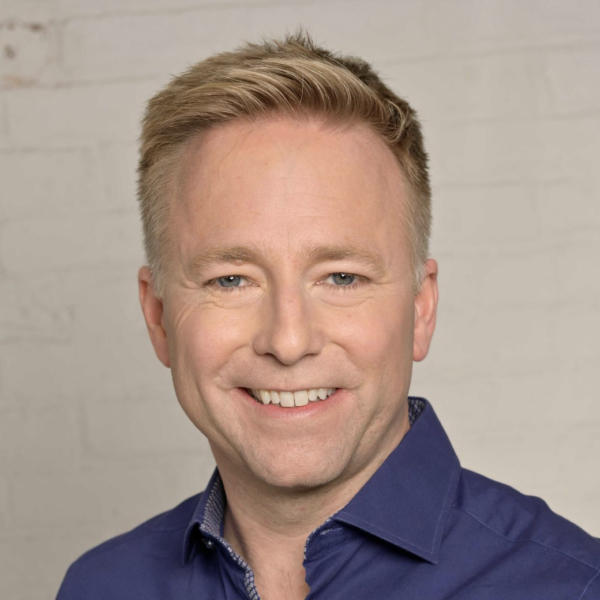From tropical Burma to Syracuse, refugees adjust
(CBS News) We're a nation of immigrants. Most of our families came from somewhere else. Maybe that's why the United States accepts more refugees than all the other countries of the earth combined. About 72 percent of people who are resettled by the State Department as a result of war or persecution are welcomed here.
CBS News correspondent Seth Doane caught up with a family that fled the long civil war in Burma in Southeast Asia and arrived in a strange and wonderful place Tuesday.
The Ali family landed in Syracuse, New York on Tuesday. Refugees from tropical Burma, they came with no coats, no savings, just an American dream.
"I'm just hoping for a job," Mohammed said through a translator. "And a better life for my family"
We met the family earlier this month in a refugee camp in Thailand. Here, they were getting lessons in American life. Mohamed's wife marveled at an oven.
In a mock-up of a western-style home, many things that are routine in America, seemed unknown here. They even had to learn how to use a western toilet.
U.S. warms up to newly-democratic BurmaBurma's president calls election a success
Many hoping democracy brings jobs to Burma
Mohammed first came to a camp of 47,000 when he was just 15. There are more than a dozen of these camps along the Thai border. Some have been here for 30 years.
They're safe-havens for ethnic minorities who fled villages destroyed by Burmese soldiers.
"When I was in Burma I was tortured," Mohammed said. "Burmese soldiers discriminated against simple people like us. I just could not bear it anymore."
Mohammed said he can't go back to Burma and he can't find work in the camp. For him, there's only one option - to leave for good.
Since 2006, about 55,000 Burmese refugees once living in Thailand have been resettled in the United States; 20,000 from one camp alone.
Sara Kauffman, who works for the International Rescue Committee, is among the many helping prepare refugees for the culture shock of life in North America.
"They learn about employment, finding a job, the education system, U.S. laws, transportation, international travel - a lot of different topics," Kauffman said, adding that they have only five days to learn it all.
What they lack in practical skills, Kauffman said, won't prevent them from succeeding.
"Many have strong family values. They take care of their children and they value education. These things will be useful in the United States," Kauffman said.
"I would like to have a better opportunity for my family," Mohammed said. "I hope for a better life (and) equality."
On Tuesday, he and his family took their first steps toward that American dream.
